Nanotechnology in Modern Medical Imaging and Interventions
The rapid progress of nanoscience and the application of nanotechnology in medicine are changing the foundations of disease prevention, diagnosis and treatment. At the core of nanotechnology for modern biomedical imaging and interventions, nano/microparticles offer “3-in-1” primary functions as imaging agents, target-specific probes, and target-specific therapeutic carriers. Nanoparticle-based imaging and interventions have already exhibited exciting potential in probing the bases or “roots” of diseases, such as to identify their altered molecular profiles and/or cellular characteristics prior to the appearance of visual anatomic alterations. As nanoparticle-based imaging and interventions continue to be refined and are increasingly applied to clinical practice, they will certainly have significant impact on global health care in the near future. Scientists from various disciplines around the world have already done outstanding work in developing various nanotechnology-based imaging modalities, such as molecular and cellular imaging with X-ray-based computerized tomography (CT), ultrasound, magnetic resonance (MR), optics, and nuclear medicine. However, clinical applications of these particle-based imaging techniques are still very limited. This can be attributed to a gap existing between basic science and clinical practice, where scientists have no direct access to patient care; meanwhile clinicians are extremely busy with their daily clinical practices and lack the time or means to learn such new technological evolutions. In order to bring the two parties together, a bridge needs to be built between basic science and clinical practice, as termed “translational medicine” by the US National Institute of Health (NIH). The aim of writing this book is to facilitate such translation of nanotechnology-based imaging modalities from laboratory benches to clinical practices. The authors come from several continents around the world, and are experts working in the fields of nanotechnology, material science, biomedical engineering, medicine, pathology, medical imaging, and interventional radiology. We hope this book will provoke common interest, brainstorming and cooperation among professionals in both technology and medicine, and will bring nanomedicine one step closer to improving patient care.
{{comment.content}}
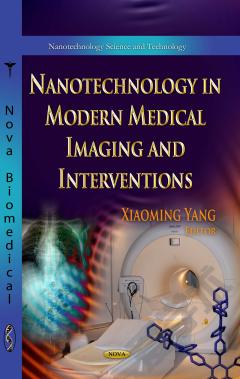

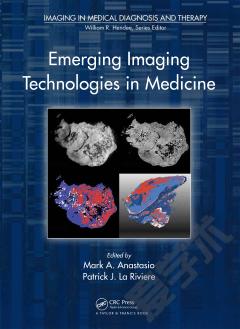
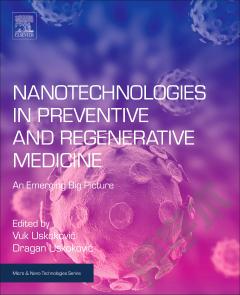
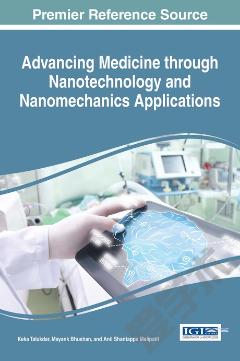

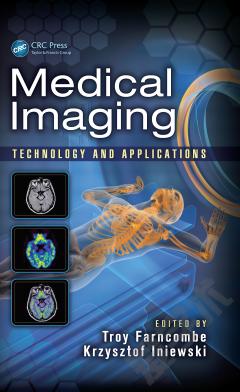

 京公网安备 11010802027623号
京公网安备 11010802027623号